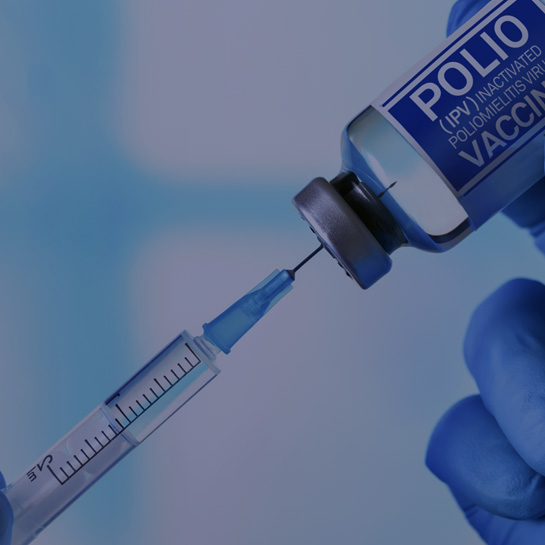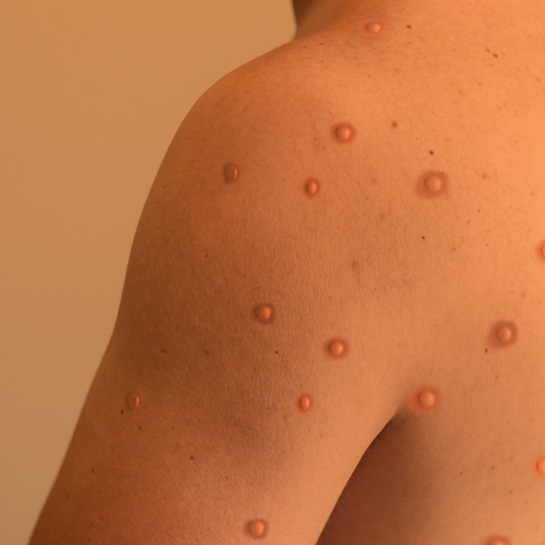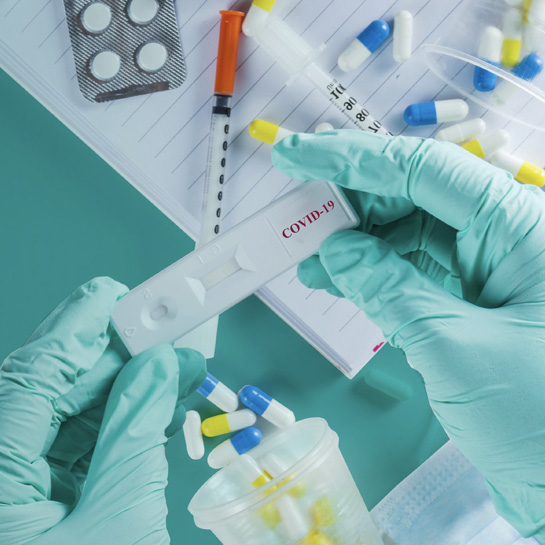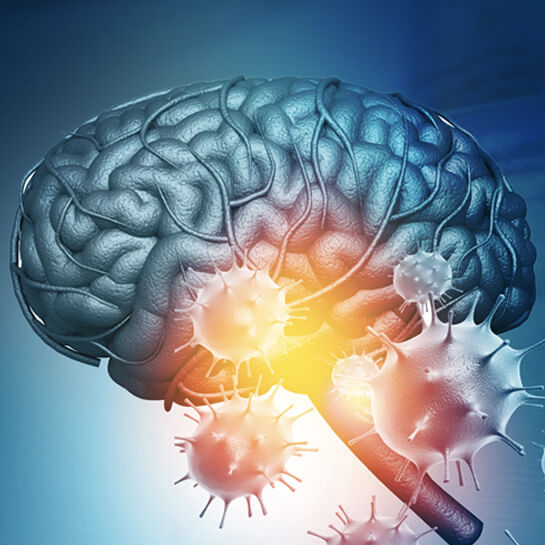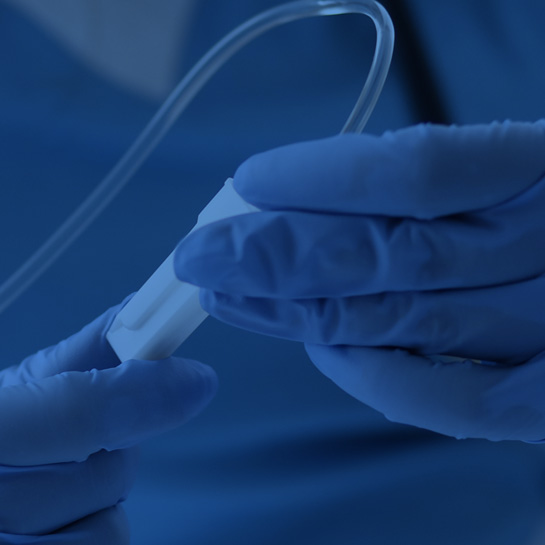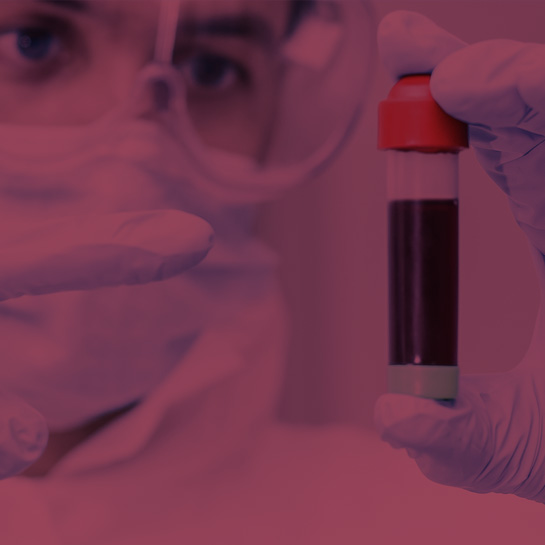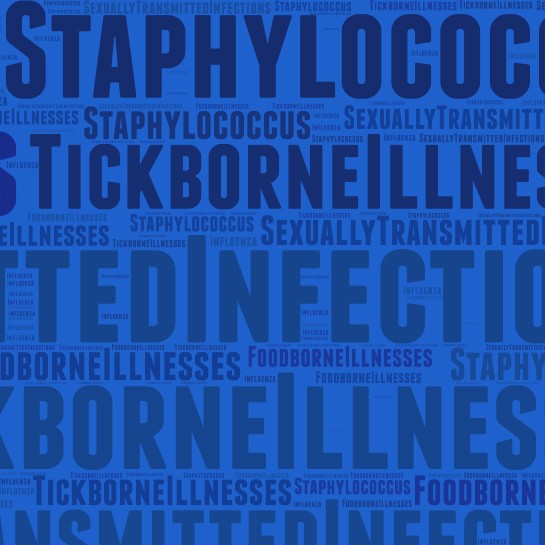Legionnaires' Disease
Treatment
Legionnaires’ Disease Treatment
Similar to pneumonia, Legionnaires’ disease is a type of severe lung infection caused by inhaling the bacteria called Legionella pneumophila, which usually lives inside small water droplets. Decorative fountains, hot tubs, and cooling towers for air conditioners are often the source behind disease outbreaks. But it can also be spread through poorly maintained water systems found in hospitals, hotels, and cruise ships. Mist machines, humidifiers, and spas have also been linked to the disease.
Anyone who has been exposed to water containing this bacterium is at risk for developing an infection. In fact, about 10,000 to 20,000 people get Legionnaires’ disease in the United States every year. If you or someone you know has this illness or is experiencing symptoms, turn to the infectious disease specialists at ID Care in New Jersey for diagnosis and Legionnaires’ disease treatment.
Symptoms of Legionnaires’ Disease
Since Legionnaires’ disease is a lung infection, two of its main symptoms include coughing and shortness of breath. Even small tasks like walking around the house can leave you feeling winded, and coughing may result in colored or bloody mucus. Other symptoms may include:
- Muscle aches
- Fatigue
- Headaches
- Diarrhea
- Nausea
- Chills
- Fever
Because these symptoms are often mistaken for pneumonia or the flu, proper diagnostic testing is required. To diagnose Legionnaires’ disease, doctors will first perform a chest X-ray to confirm if there is a lung infection. After that, urine and phlegm samples are tested to find out what type of bacteria is causing the infection.
Because the infection is often severe, it’s common for patients to be admitted to the Intensive Care Unit (ICU) at a hospital for recovery. Legionnaires’ disease can be fatal, causing lung failure, septic shock, and other complications in some cases. According to the Centers for Disease Control and Prevention (CDC), about 1 in 10 cases of Legionnaires’ disease results in death.
Legionnaires’ Disease Risk Factors
Anyone can develop Legionnaires’ disease if exposed to harmful amounts of the Legionella pneumophila bacteria. It occurs naturally in lakes and streams, but it’s not enough to be harmful. Man-made water systems for buildings, however, give the bacteria a home to grow and multiply. Most water systems are properly maintained and monitored, but outbreaks can happen.
If exposed, certain risk can increase a person’s chance of getting sick, including:
- 50 years old and above
- Current or former smoker
- Chronic lung disease (COPD, emphysema, etc.)
- Weakened immune system
- Cancer or other underlying illness
It’s important to note that Legionnaires’ disease can only be transmitted through water sources. It is not contagious, and a healthy person cannot contract the disease from coming into contact with a sick person.
Legionnaires’ Disease Treatment
Legionnaires’ disease can be treated with antibiotics. It’s important to begin treatment early to increase the chances of a full recovery. Even after the infection is gone, some people suffer from weakness and other long-term neurologic and/or neuromuscular impairments.
Get Help from an Infectious Disease Specialist
Legionnaires’ disease is a serious illness that should be treated by a doctor who specializes in infectious diseases. ID Care has a team of over 40 experienced physicians to treat a wide variety of infectious diseases, including Legionnaires’ disease. To come in for Legionnaires’ disease treatment, please contact one of our New Jersey locations for an appointment today.

